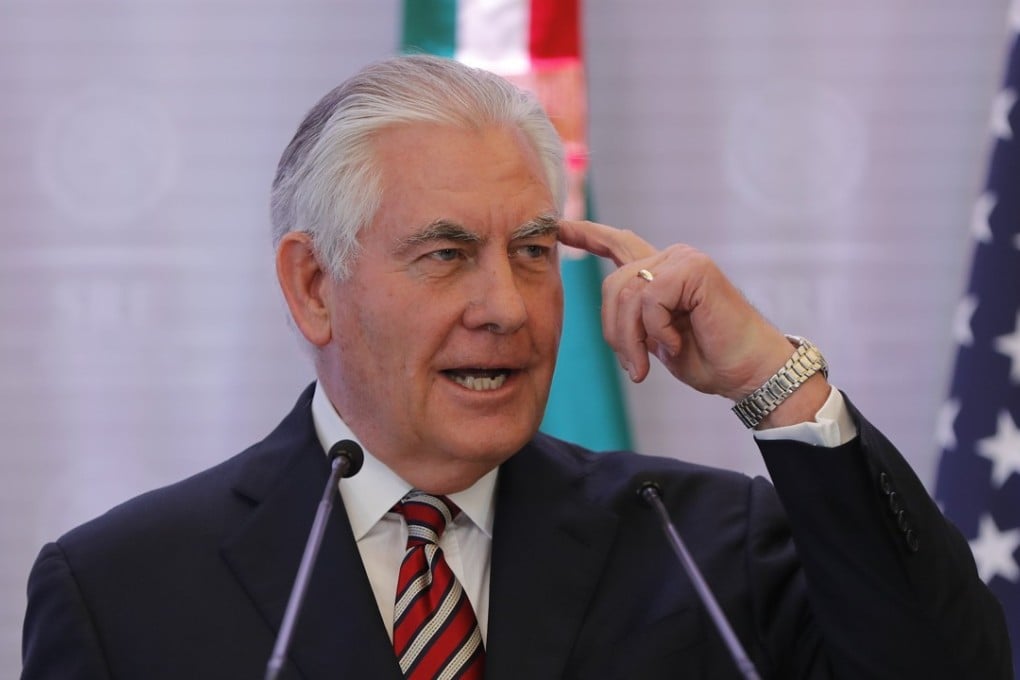My Take | Monroe Doctrine well past its use-by date
For US Secretary of State Rex Tillerson to play up the policy in South America is like Britain praising the Opium War as it tries to improve relations with China

US Secretary of State Rex Tillerson started his tour of Latin America this month by invoking the success and relevance of the controversial two-century-old Monroe Doctrine. If his intention was to mend fences and re-establish relations in the region for his boss Donald Trump, the reference was truly bizarre.
He cited the doctrine against China’s supposed neo-imperialism because Beijing has expanded ties and economic plans across South America. But for the US to invoke the doctrine for its Latin American friends is like Britain praising the Opium War and the unequal treaties while trying to improve relations with China.
The doctrine has been a perfect example of American imperial hubris. That was why the Obama administration in 2015 repudiated it. “The days in which our agenda in this hemisphere so often presumed that the United States could meddle with impunity, those days are past,” he said.
Now, Trump wants to revive it. But surely it’s entirely up to countries in South America to decide who they want to do business with, no? Not so under the doctrine; it’s actually up to Uncle Sam.
